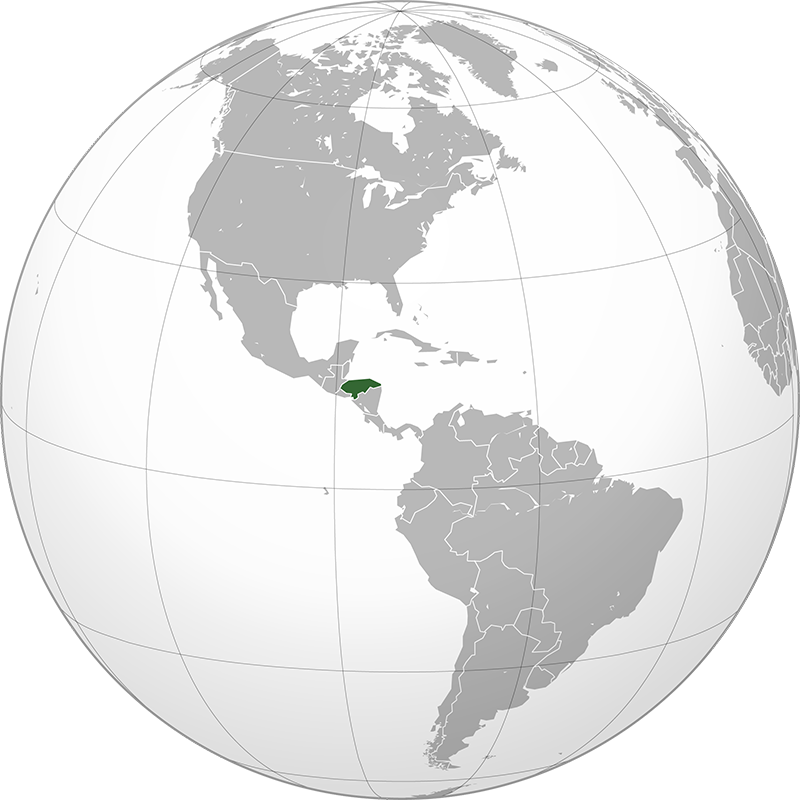
- Population:
- 10,826,000
- Religion:
- Christianity
Originally home to the Maya civilization, Honduras was colonized by Spain in the 16th century. It became independent in 1821 but has since experienced frequent political upheavals, military coups, and economic struggles. In recent years, Honduras has faced issues related to drug trafficking, violence, and emigration but continues to work toward economic development and stability.
Honduras, officially the Republic of Honduras, is a country in Central America bordered by Guatemala to the west, El Salvador to the southwest, Nicaragua to the southeast, the Pacific Ocean at the Gulf of Fonseca to the south, and the Caribbean Sea to the north. Covering an area of approximately 112,492 square kilometers, Honduras has a population of about 10 million people as of 2023. The capital is Tegucigalpa. The official language is Spanish. Honduras operates as a presidential republic. The economy is diverse, with key sectors including agriculture, manufacturing, and services. Honduras is known for its rich natural resources, including minerals, coffee, tropical fruit, and sugar cane, as well as for its growing textiles industry, which serves the international market. The country is a member of the United Nations, the Organization of American States, and the Central American Integration System.






